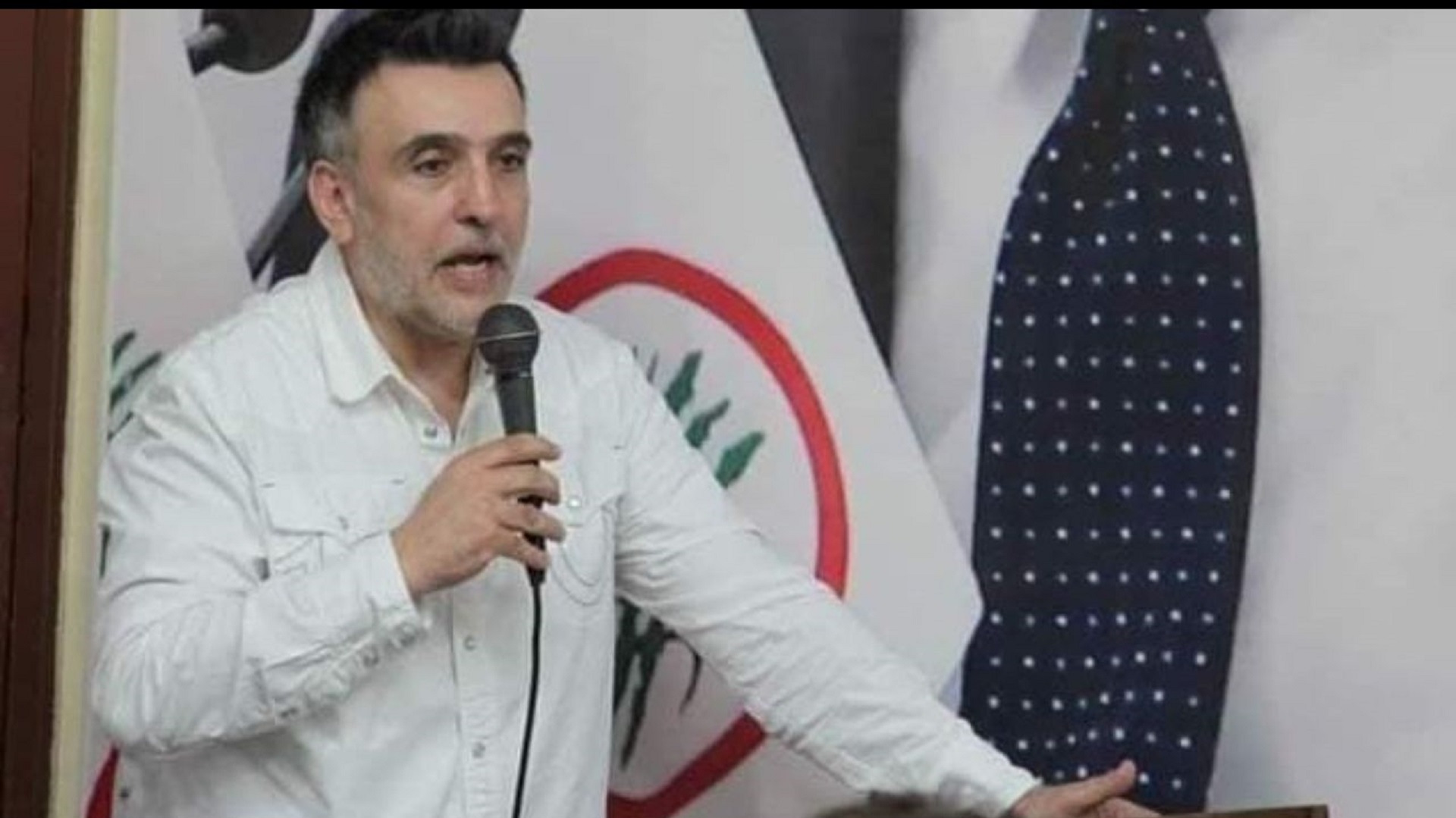Lebanese Forces Coordinator Pascal Sleiman was found dead in Syria on the evening of Monday, April 8, after it was suspected that he was kidnapped on Sunday, April 7 at around 3 PM.
According to the Lebanese Army, Sleiman’s body was found in Syria by the Lebanese Army, prompting Lebanese military intelligence to work on retrieving his body in coordination with the Lebanese Red Cross.
On Sunday, the Lebanese Army announced that it had arrested a number of Syrian nationals they suspected were involved with the kidnapping, and had taken them in for interrogation.
After the discovery of Sleiman’s body, the army announced that through interrogation, they discovered that Sleiman was killed during an attempted car robbery, and his remains later taken to Syria.
The Lebanese Army said that they had arrested “most of the Syrian gang members” involved in the kidnapping. Talks are currently ongoing with the Syrian government for the repatriation of Sleiman’s body.
In the hours following the kidnapping, much of the blame was placed on Hezbollah, and in anticipation of a potential rise in tensions between Hezbollah and the Lebanese Forces, various armed members of the army were deployed along the road separating between Ain el Remmeneh and Chiyah – two areas were the Lebanese Forces and Hezbollah are heavily concentrated.
In a televised speech on Monday evening, mere hours before the announcement of Sleiman’s killing, Hezbollah Secretary General Hassan Nasrallah openly denied the allegations of the group’s involvement and accused members of the Lebanese Forces of inciting sectarian sentiments reminiscent of the civil war.
During the past few months, the Lebanese Forces have openly opposed Hezbollah’s fighting against Israeli occupation forces along the southern border. On October 8, Hezbollah opened a “support front” in light of Israel’s ongoing genocide in Gaza.
The group has repeatedly stated that it would abide by a ceasefire once one is reached in Gaza.


